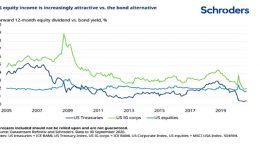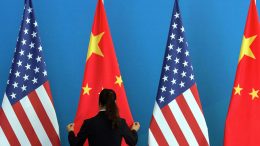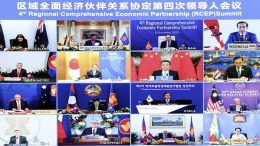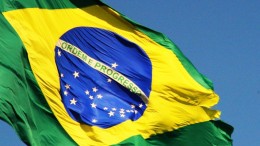Cocoa Futures Curve Enters Steepest Backwardation In 35 Years
Front month ICE US Cocoa prices have risen close to 25% in between 12th and 19th November 2020. It’s a strange occurrence given that demand for cocoa has generally been weak in the COVID-19 pandemic era. Grinding data both in US and Europe highlight this weakness. So what’s going on?










